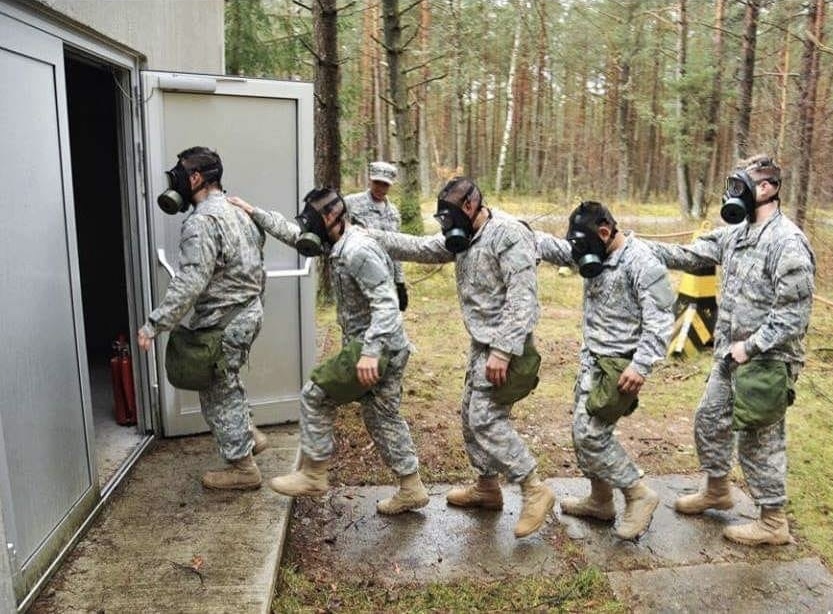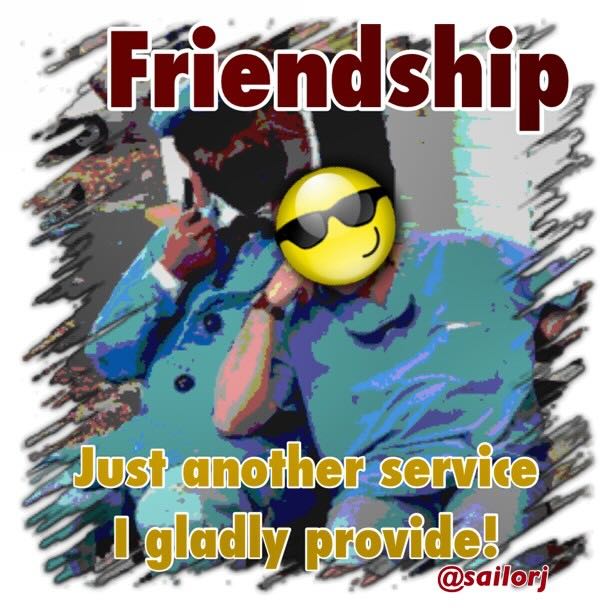I consider myself an average runner. I’m not fast, but I’m not slow either. I just get the job done. My average pace for a 10K is usually around a 10-minute mile, depending on where I’m at in my training. Sure, I’ve had faster races and slower ones too, but the most important thing isn’t the race—it’s the training that gets you there.
I’ve trained in a variety of ways, from running daily to limiting myself to just three runs a week. Here are some thoughts on training and conditioning for races. Of course, your mileage may vary, and I’m not a certified trainer—this is just my personal experience.
Prioritize Your Health
First and foremost, your health comes first. Starting a training program recklessly and getting injured won’t do you any good—physically or mentally. Listen to your body and ease into your routine to prevent setbacks.
Walking is a Great Start
If you’re new to running, start by simply getting off the couch and walking. Apps like Couch to 5K can help you build up gradually without overwhelming you. There’s no need to sprint out of the gate—progress at your own pace.
Don’t Underestimate Cross-Training
Running is an excellent cardio workout, but it’s not the only form of exercise that benefits runners. Strength training, toning, and other forms of cross-training can help you build muscle and improve overall fitness. At 55, I’ve discovered that cross-training has helped me in ways I never expected. It not only strengthens your body but also provides a much-needed break from the repetitive impact of running, helping you recover better.
Stretch More
Stretching is critical, even if it’s something many runners (including myself) tend to skip. Programs like Apple Fitness+ offer guided cool-downs that I’ve found invaluable, especially after other workouts like rowing, spin, or strength training.
Stretching helps loosen tight muscles, improves flexibility, and reduces the risk of injury. After long runs, your muscles need to recover and be re-nourished, so don’t neglect this step. Refueling after a workout is also essential to prepare your body for your next session.

Find Motivation and Accountability
Sticking to a routine is hard, especially if you’re not part of a running group or community. A running buddy or even a non-runner accountability partner can make a big difference. Sometimes, all it takes is someone checking in to keep you motivated.
Racing as a Celebration
This week, I’m running two back-to-back races: the Disneyland 10K and half marathon, part of the Dumbo Double Dare series. I’m super excited to run through Disneyland and California Adventure Park—it’s a great way to celebrate all the effort that goes into training.
As Coach Bennett from the Nike Run Club app says: “We don’t race to prove we are runners. We race to celebrate we are runners.” That mindset perfectly captures why I run races like RunDisney.
If you haven’t had the chance to participate in a Disney race, consider adding it to your bucket list. Yes, it’s pricey, but the experience is magical. Living in the Orlando area makes it easier for me, but even if you’re far away, it’s worth the trip.

The Joy of the Running Community
Beyond Disney races, I’ve done countless others, from short sprints to marathons. Each race presents its own challenges and rewards, from speed workouts to beach runs. The camaraderie among runners is one of the best parts of the sport.
Runners don’t see each other as competition. We’re a community, supporting one another to do our best. Whether you’re racing against the clock or just enjoying the journey, your fellow runners will cheer you on every step of the way.
So, lace up your shoes, find your routine, and celebrate what it means to be a runner. Every step you take is a victory—enjoy the journey!





































